Warning: Illegal string offset 'source_type' in /home/mychutej/public_html/blog/wp-content/plugins/egany-facebook-to-wp/egany_facebook_to_wordpress.php on line 1099
An ambitious new strategy to reduce deaths from cholera by 90% by 2030 launches today.
The world is embracing universal health coverage, good health for all and today, a target is set to eradicate cholera for good.
Cholera is a disease of inequity—an ancient illness that today sickens and kills only the poorest and most vulnerable people. The map of cholera is essentially the same as a map of extreme poverty.
An ambitious new strategy to reduce deaths from cholera by 90% by 2030 launches today by the Global Task Force on Cholera Control (GTFCC).
The Global Task Force on Cholera Control (GTFCC) is a diverse network of more than 50 UN and international agencies, academic institutions, and NGOs that supports countries affected by the disease.
According to the report by WHO, GTFCC noted that cholera spreads in endemic “hotspots” where predictable outbreaks of the disease occur year after year. The disease can be controlled with a multi-sectoral approach, hence the need for a strategic plan to assist countries still battling with the diseases.
The Major Highlights of the Global Road Map
- The Global Roadmap aims to align resources, share best practices and strengthen partnerships between affected countries, donors and international agencies.
- It underscores the need for a coordinated approach to cholera control with country-level planning for early detection and response to outbreaks.
Implementing the Global Roadmap
The strategy focuses on the 47 countries affected by cholera today, and consists of multi-sectoral interventions supported by a nimble and effective coordination mechanism. The Global Roadmap focuses on three strategic axes:
- Early detection and quick response to contain outbreaks
- A targeted multi-sectoral approach to prevent cholera recurrence
- An effective mechanism of coordination for technical support, advocacy, resource mobilisation, and partnership at local and global levels
Praise for the Global Roadmap
“Implementing these strategic approaches will require aligning existing health and WASH resources to the Global Roadmap. This alignment represents a sound investment because it channels resources to areas most in need, and begins to reduce the significant economic burden of cholera, which costs an estimated $2 billion per year globally in health care costs and lost productivity”- Dr Tedros Adhanom Gebreyesus DG, WHO.
While safe drinking water and advanced sanitation systems have made Europe and North America cholera-free for decades, the disease still affects at least 47 countries across the globe, which is unacceptable in 21st century.
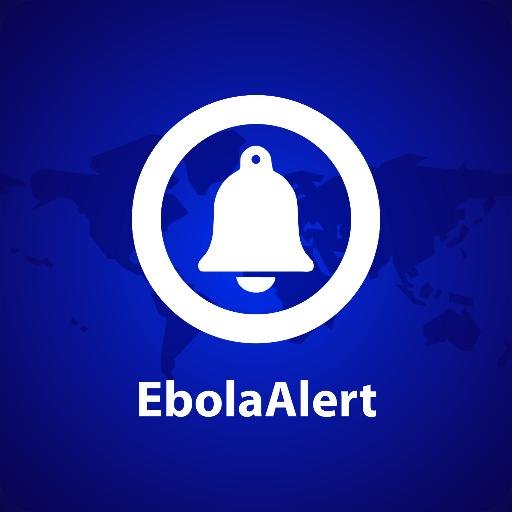
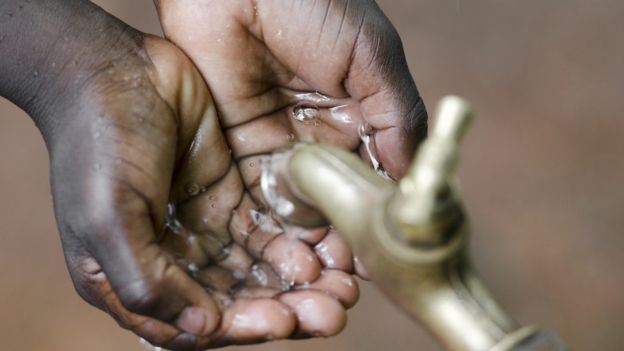
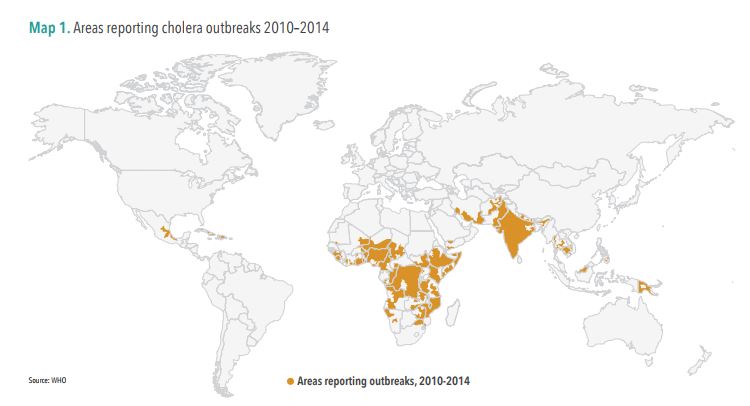
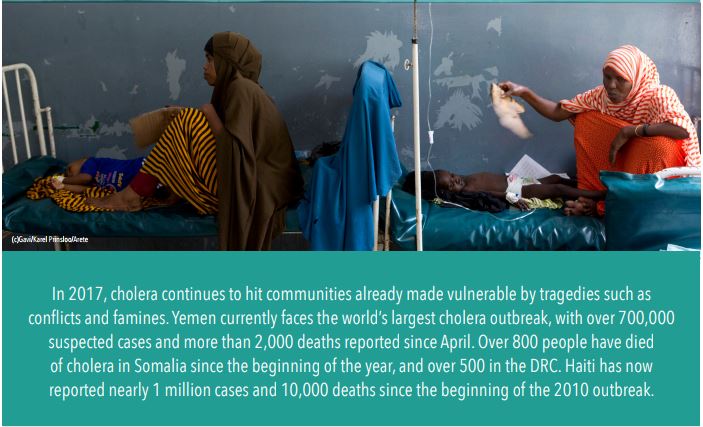
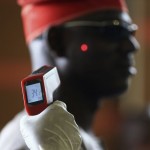
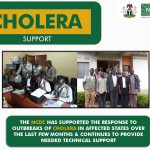


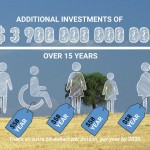






Leave a Reply